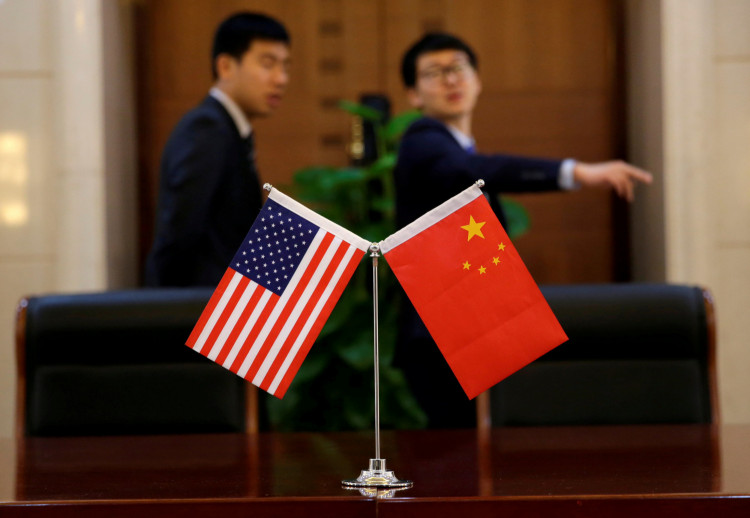The United States and China are near to ending the trade talks. Business leaders are expecting that a resolution is made as they assume that the deal would be not substantive. Analysts, however, believe that the China-United States trade deal is more substantial than investors expects.
Both the United States President Donald Trump and Chinese President Xi Jinping have held back on setting the agenda of the trade talks in the media. According to an analyst, a trade deal burnishes the political agenda of the two leaders and it helps to fortify the world against a serious growth setback.
The trade negotiations were led by trade specialists from both sides. United States' Robert Lighthizer and his Chinese counterpart Liu He were the leaders of the delegation of both sides. Mr. Liu is one of the primary architects of China's economic reform. The developments in the trade talks show the commitment of both sides to work through tedious policy issues as they assure the fairness and enforcement of their agreed trade policies.
According to President Donald Trump, the negotiations of the two sides will be anointed during his meeting with the Chinese president scheduled next month. The two leaders of the leading economies in the world struggled to deliver an agreement that will lead to fair and enforceable trade practices for their respective countries.
One of the easiest agenda to fix during the trade negotiations is the increase in imports of both nations. China already assured that it will purchase more on agriculture, natural gas, semiconductors, and aircraft. However, the final list of imports may be more restrictive given the United States concerns on potentially sharing some semiconductors, and China's caution on Boeing's planes. The two nations need to make new adjustments since the World Trade Organization rules are sensitive to large dedicated orders that can crowd out other countries.
China also agreed to greater access to a range of industries including banking and agriculture. China, recently, imposed new laws that will allow foreigners to own an increased share of banks and insurance companies in the country. They also agreed to allow tech companies to build their own data centers in free-trade zones. The European Union also negotiates the same terms to China.
Chinese technology, however, remains an issue in the trade talks. The discussion on technology has higher sensitivity and it will continue as a back burner until the United States resolves its issues with Huawei.






